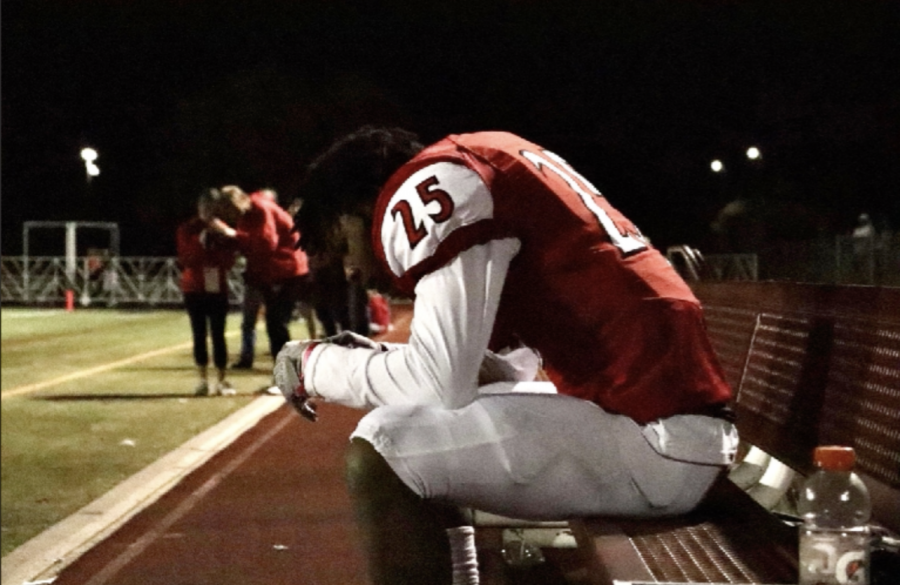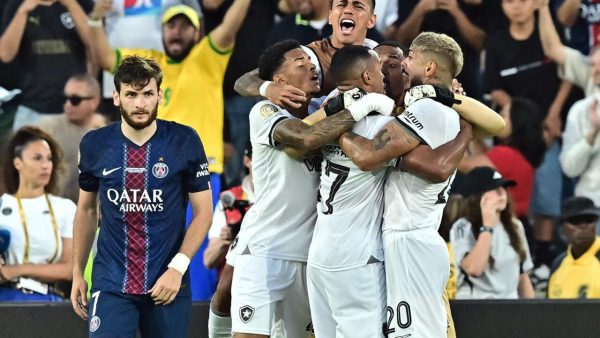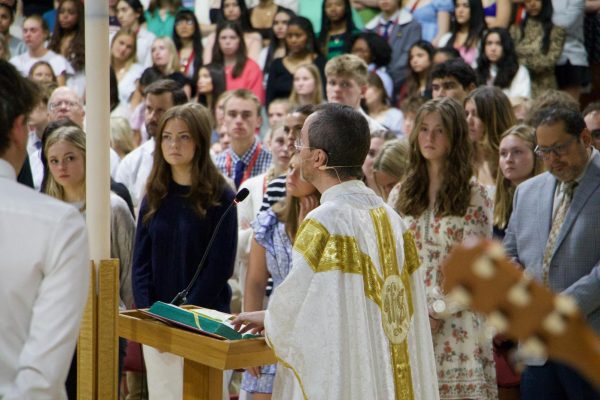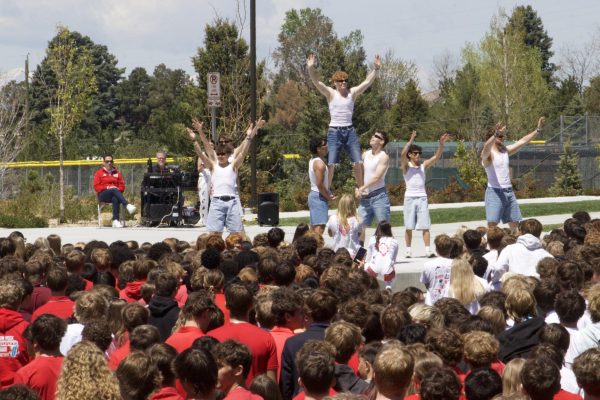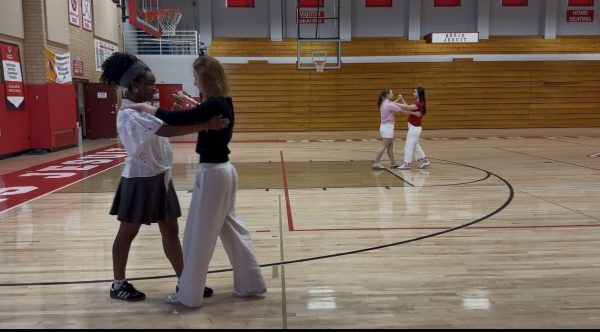A Fit Mind: Looking Into Mental Health of Student Athletes
“Never be ashamed of wanting to be a better you, period.” DeMar DeRozan, 12-year NBA veteran
When you are in the stands, you see the cheering crowds, the bright lights, the court, the field, and players who have worked endless hours to play. What you do not see is the Monday afternoons at lunch where all the team captains meet in the mobiles with school counselors Kathryn Ames and Nate Moeller. On September 20, 2021, the topic of conversation was mental health of student athletes. Captains talked about their experience with the balancing act of mental health, sports, and what was going on in the 2021 Fall Season.
According to CPR News, the teenage suicide rate has increased by 58 percent since 2016. 7.3 percent of deaths of student athletes attribute to represented by suicide, and over one-third of athletes report dealing with a mental health crisis.
“Most people with mental health issues don’t talk about it. You don’t know what they are going through,” football captain Dallas Macias ‘22 said.
There’s often a stigma around checking in, too. According to Live Science, one in five teenagers have a mental health condition and are not receiving the support they need. Teens’ resources, like friends, coaches, teammates, or parents, go untapped.
Many student athletes wake up in the morning to work out or practice. Then they go to school all day. Then it’s more training, weightlifting, or a game, only to go home late at night, finish homework, and study. The next day, they do it all over again. Student athletes must decide whether their social life and school work is more important than their sport.
All this comes on top of coaches, parents, and athletes’ concern about athletic records. Regis Jesuit counselor Kathryn Ames urges a wider lens.
“Think about the infinite game; your success is not defined by your record,” she said.
These students’ wins and losses do not even make up a small portion of who they are. What defines a person is their personality and what energy radiates off them, the energy they bring to the field and to their teammates.
“The stakes have become higher. We have lost the love for playing. We learn through sports. Sports are just another classroom of life,” Ames said. “But now there is way more pressure.We are all driven for these extrinsic rewards instead of intrinsic.”
Ames emphasized that sports can be a great place to learn, if we are intentional.
“Are we teaching kids and people how to process? We live in such a fast pace and high-pressure environment. Can we teach kids how to handle things [and] how to slow down?” Ames asked.
Mental illness can be a silent epidemic in our country and educational system, but Kathryn Ames and Nate Moeller will continue to talk about it with student athletes and inform people what sports and pressure do to teenagers’ minds and bodies.
During one of their lunchtime meetings, a Regis Jesuit golf captain asked, “What is this doing for us, the school, and the greater glory of God?”
‘This’ meaning time spent playing the game, showing up to practice, and the relationships created with teammates and coaches.
This frame gives them and all athletes a way to maintain the perspective Ms. Ames encouraged. What is the end goal of playing a sport? Is it fulfilling or a chance to be a part of something greater than oneself? Is it a true passion or a place of pure fun? This is the true endzone.

